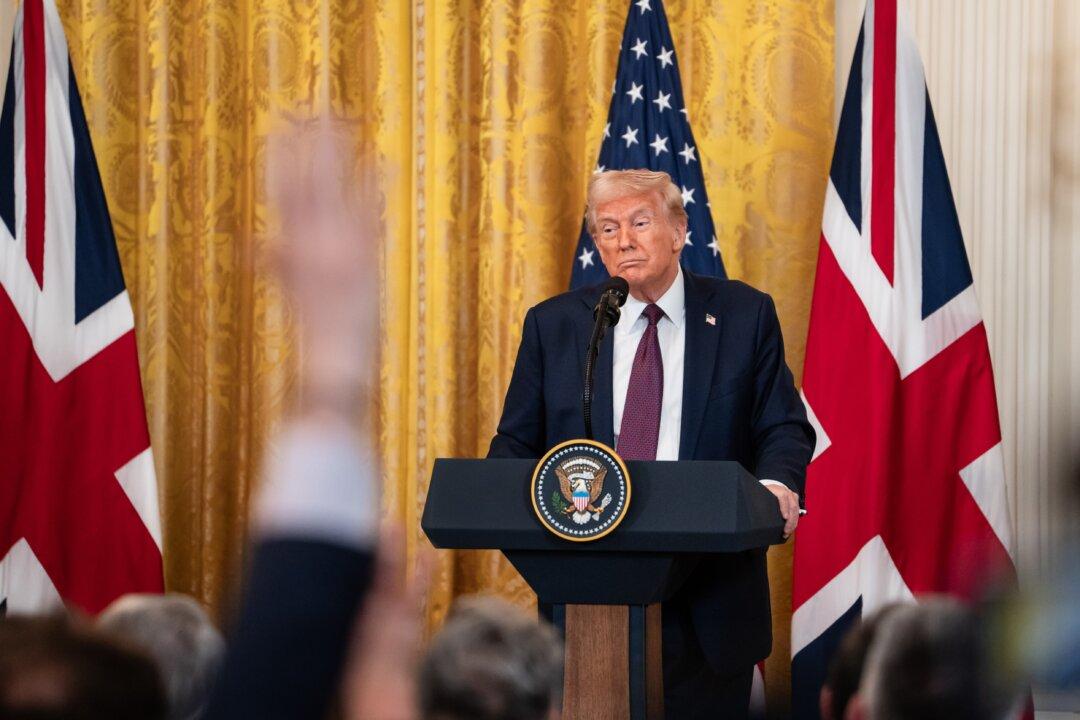Commentary
It was a remarkable coming together of a large social movement that brought Donald Trump to power in a second term. It defied all predictions and every effort of the establishment to keep him out. It is impossible to describe the astounding grassroots power and energy that made it happen. The man is the central figure, the public face, the centralizing force of hopes and dreams; but the real power emanates from below.





